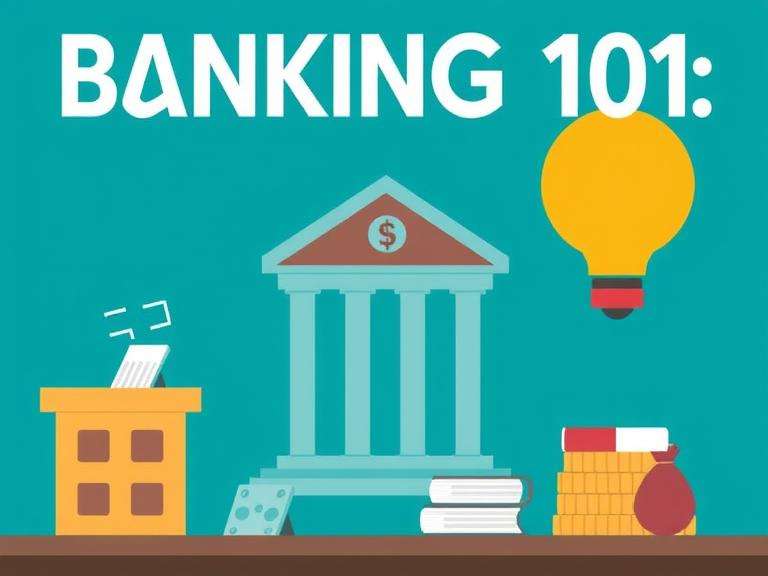Banking 101 is an essential guide for anyone looking to understand the basics of banking and how financial institutions operate. At its core, banking involves the management of money by institutions that accept deposits, offer savings and checking accounts, and provide loans and credit to individuals and businesses. Banks play a crucial role in the economy by facilitating financial transactions, ensuring liquidity, and providing a safe place for individuals to store their money. Understanding the different types of banks, such as commercial, investment, and central banks, is vital for comprehending their distinct functions in the financial system. Additionally, familiarizing oneself with basic banking services, interest rates, fees, and regulations can empower consumers to make informed financial decisions and maximize the benefits of banking services.
Welcome to the world of banking, a crucial component of the global economy that touches nearly every aspect of our daily lives. Whether you’re opening your first account or looking to expand your financial knowledge, understanding the basics of banking is essential for managing your finances effectively. In this blog post, we’ll explore the key elements of banking, explain different types of accounts, and offer tips for making the most of your banking experience.
What is Banking?
At its core, banking involves the safekeeping, lending, and management of money. Banks are financial institutions that provide a range of services, including accepting deposits, offering loans, and providing investment products. They serve as intermediaries between savers and borrowers, facilitating the flow of money within the economy.
Types of Bank Accounts
- Checking Accounts: These are designed for everyday transactions such as deposits, withdrawals, and bill payments. They usually come with a debit card and offer features like online banking and mobile apps for managing your money on the go.
- Savings Accounts: Aimed at helping you save money, these accounts typically offer higher interest rates than checking accounts. They are ideal for setting aside funds for future needs while earning interest on your balance.
- Certificates of Deposit (CDs): CDs are time deposits that lock in your money for a specified term in exchange for a higher interest rate. They are a great option for saving money you don’t need access to immediately.
- Money Market Accounts: These accounts combine features of checking and savings accounts, offering higher interest rates with limited check-writing abilities.
Key Banking Services
- Loans and Mortgages: Banks provide various loan products, including personal loans, auto loans, and mortgages, helping individuals and businesses finance major purchases.
- Credit and Debit Cards: These cards offer convenient ways to make purchases and access funds, with credit cards providing a line of credit and debit cards directly withdrawing from your checking account.
- Online and Mobile Banking: Modern banks offer digital services, allowing you to manage your accounts, pay bills, and transfer money using your computer or smartphone.
Tips for Effective Banking
- Understand Fees and Charges: Be aware of any fees associated with your accounts, such as maintenance fees, overdraft fees, or ATM charges. Choose accounts that align with your financial habits to minimize costs.
- Monitor Your Accounts Regularly: Keep an eye on your transactions to avoid unauthorized charges and ensure your account balances are accurate.
- Set Financial Goals: Use banking tools to set and track financial goals, such as saving for a vacation, a down payment on a home, or an emergency fund.
- Leverage Technology: Take advantage of online banking features like automatic bill pay and account alerts to stay organized and avoid late fees.
By understanding the fundamentals of banking, you can make informed decisions that support your financial well-being. Whether you’re saving for the future or managing daily expenses, banks offer tools and resources to help you achieve your goals. As you navigate the banking landscape, remember that knowledge is power, and staying informed is the first step toward financial success.
